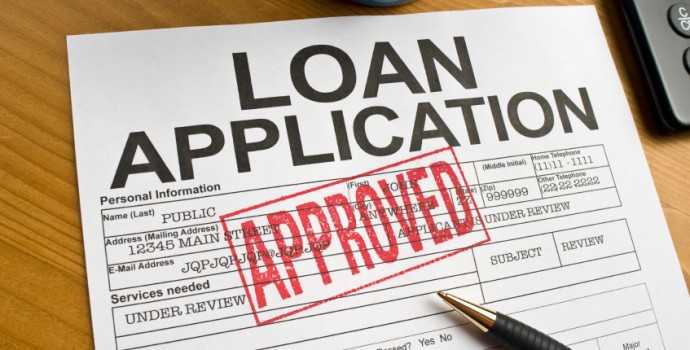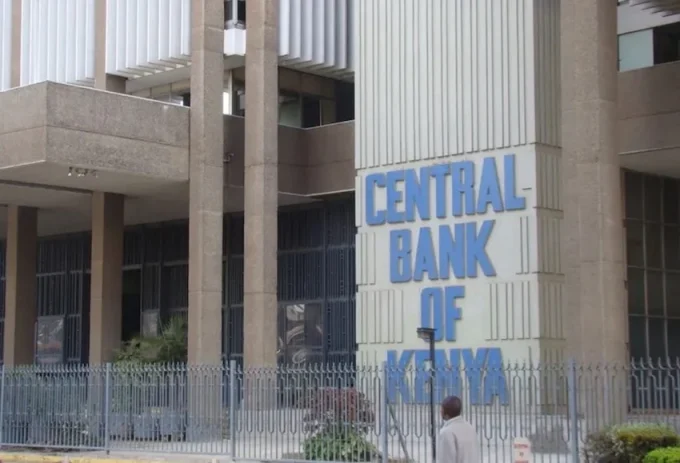LOVE & LOANS
[dropcap]H[/dropcap]as a family member or friend asked you to be a ‘co-borrower’ or guarantee a loan for them? Before you say yes, think carefully – you could lose not only your money, but valuable assets such as your house or car.
If a credit provider is not willing to give a loan to a person on their own, they may ask for a guarantee. If you sign a guarantee for a friend or family member, you are known as the ‘guarantor’ of the loan. When you sign your name as a guarantor, you are legally responsible for paying back the entire loan – or the amount you have guaranteed in cases of multiple guarantors – if the other person cannot or will not make the repayments. You will also have to pay any fees, charges and interest.
Yet as a guarantor you don’t have the right to own the property or items bought with the loan.
You can always say no
Think very carefully before guaranteeing a loan. Is there another way you could help without becoming a guarantor? For example, could you contribute to a deposit so that a guarantee is not needed?
Consider how you will pay back the loan if your friend or family member can’t. Can you afford the repayments? Do you have savings you can use or assets you can sell to pay the debt? If you do have to use your own money or assets to pay off someone else’s loan, you could be risking your financial future.
What about your relationship with the borrower if something goes wrong? It may be better to say ‘no’ now and avoid damaging your friendship.
Impact on your creditworthness
You will need to tell your credit provider about any loans you are a guarantor for, when you apply for credit. They may take into account the loan repayments on the loan you have guaranteed when they assess your ability to repay a new loan. This may stop you getting a new loan even if the person who’s loan you are guaranteeing is making the repayments.
READ: Billionaire who guaranteed a friend’s loan forced to pay Sh25 million
You may end up with a bad credit record if you and the borrower can’t pay back the guaranteed loan. The loan will be listed as a default or non-payment on your credit report, making it hard for you to borrow money for several years.
You may also affect your credit score, a number based on an analysis of your credit file, at a particular point in time, that helps a lender determine your credit worthiness.
If you provide security, such as a mortgage on your home, to guarantee someone else’s loan, you may not be able to use your home as security for your own loan.
You may even end up losing your home if you don’t pay out the guaranteed loan.
You may also be made bankrupt by the credit provider. Even assets you haven’t offered as security for a guarantee may then be sold to pay the outstanding debt.
READ: What to do when you can’t pay back money you have borrowed
Case study: Connie guarantees a business loan for her son
Connie’s family ran cafes for years until her late husband became too ill to work. Her son Leo grew up working for the family business, and Connie thought he could make a go of it. But she didn’t know he had a gambling problem.
A few months after Connie guaranteed a business loan for him, Leo fell behind in his repayments. Then he was evicted from the cafe for not paying rent. She asked relatives to contribute to Leo’s repayments but even with their help, there was not enough money to pay off the debts.
The bank and landlord contacted Connie to pay back what was owed. Connie is talking to the bank about repayment arrangements, including postponing enforcement proceedings, but is resigned to the fact she may have to sell the family home to pay off Leo’s debts.
VIDEO ADVICE
SEE ALSO: MEET KENYA’S FIRST MARINE FEMALE PILOT













Leave a comment